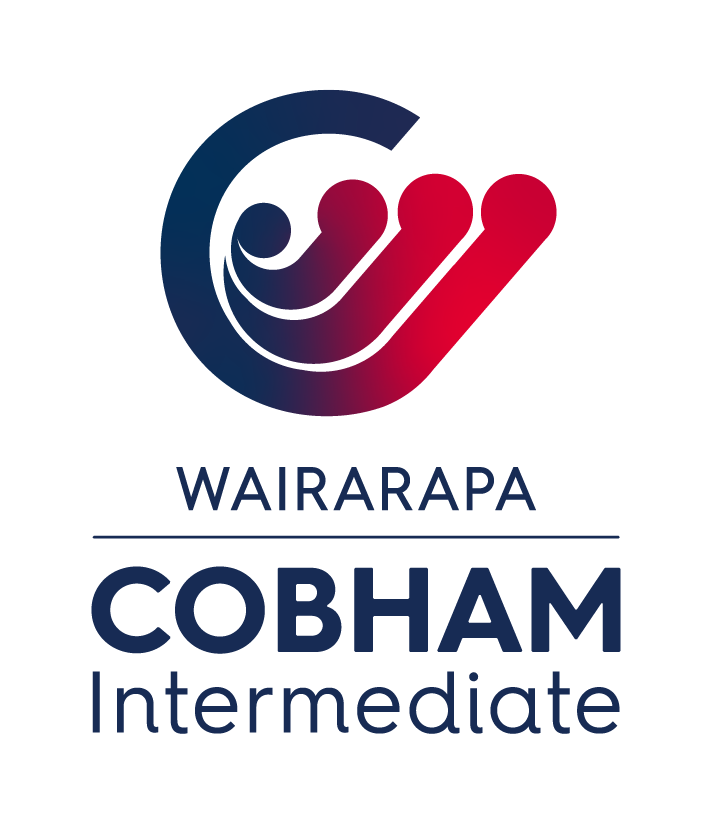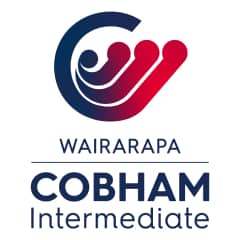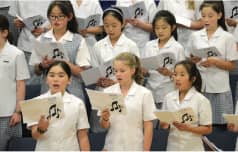Learning
Akoranga
Learning is an integral part of life at Cobham, and we strive to see each student succeed in their own ways.
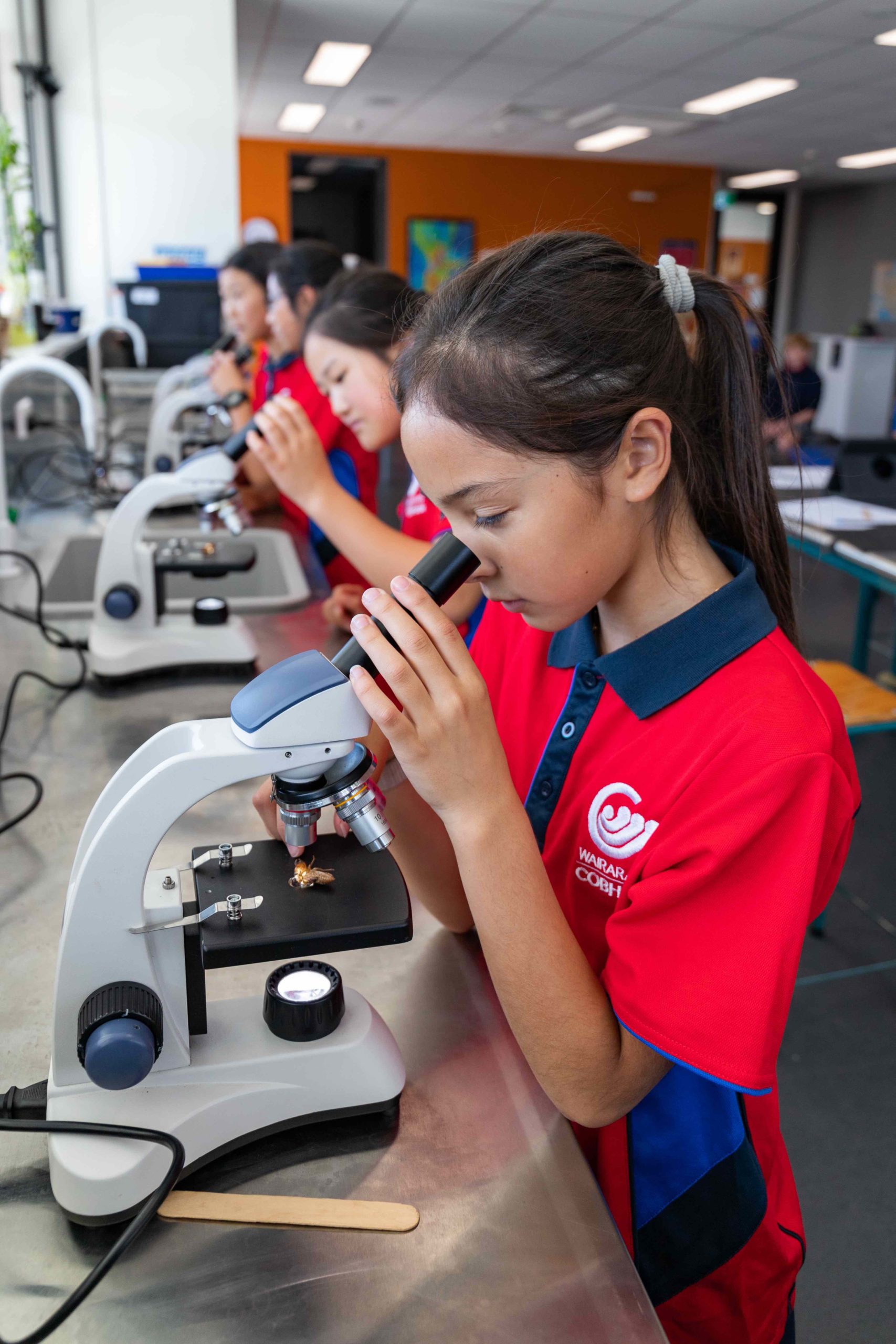
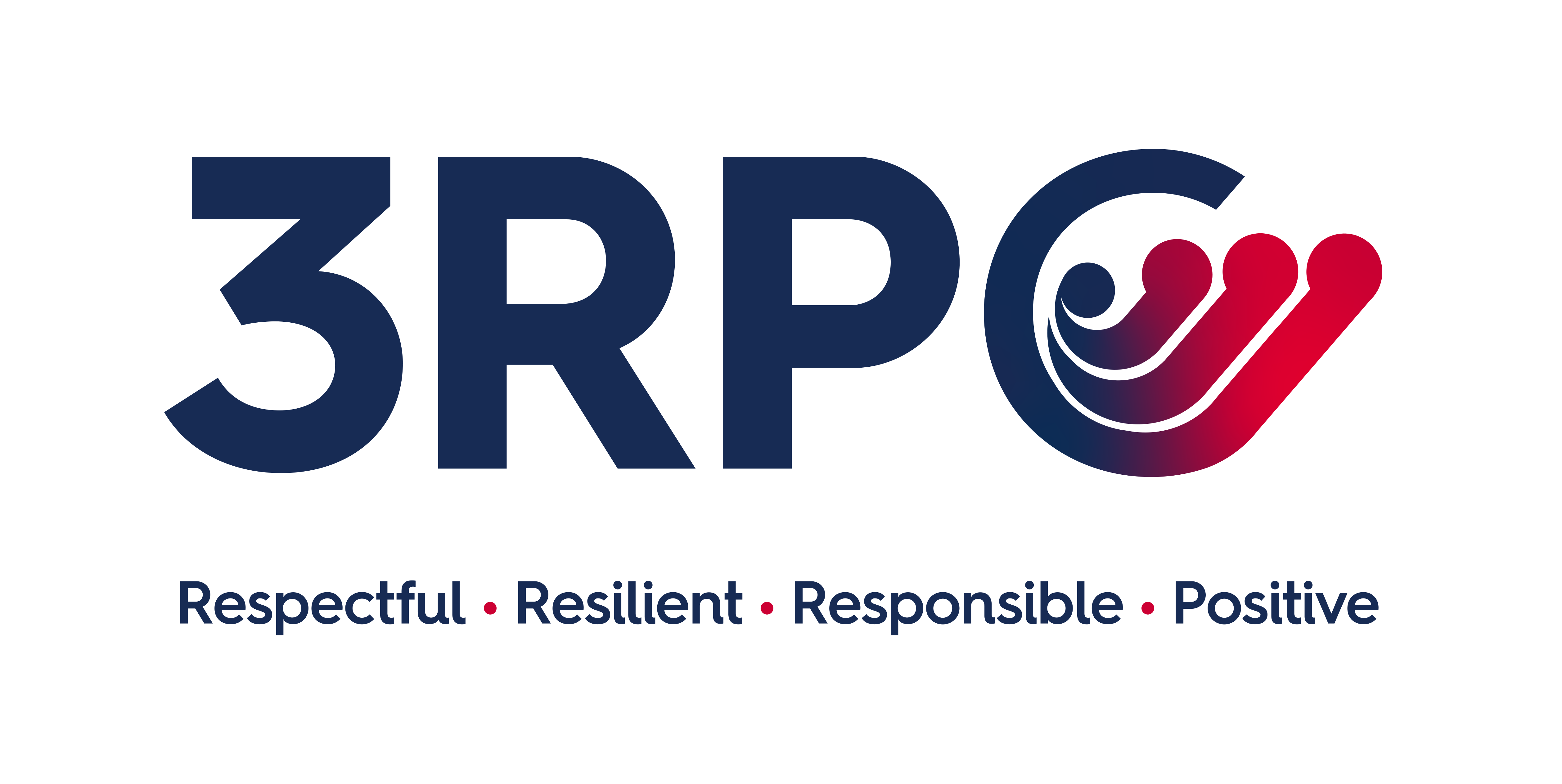
Opportunities
Cobham offers a range of opportunities that meet our diverse students’ academic, cultural, and sporting needs interwoven with the New Zealand Curriculum, including its stated vision, principles, values and key competencies. We provide the following options to meet the diverse needs of our students:
Universally taught values of resilience – ngākau mārohirohi, responsiblity – ngākau whai tikanga, positivity – ngākaupai, and respectful – ngākau whakaute
Broad-banded classes cater to students with a wide range of academic, artistic and sporting abilities. Mixed ability and interest groupings help students work with others and identify strengths and areas they need to work on. Teachers work hard to ascertain the learning needs of all students and develop programmes to engage and challenge them.
The Kahikatea Programme caters to the needs of high to exceptional-ability learners who require depth, pace, and complexity in an environment that responds to personal, social, and emotional needs. Classes are set up to ensure students are mixed with like-minded/ability-minded peers in order to enhance thinking and develop social/emotional skills.
Individual and small-group learning support ensures that students with special education needs have equal learning opportunities facilitated by teacher aides. Our inclusive education approach uses systems and pathways to identify and support students to meet with success at their level.
The ESOL programme provides opportunities for English Language Learners to become confident users in the modes of communication: Listening, Speaking, Reading and Writing. It aims to support learners in developing an understanding of academic language so it can be applied in a range of contexts. First language use is strongly encouraged.
Mathematics extension caters to exceptional mathematicians and extends them by helping them delve deeper into mathematical concepts, explore challenging problem-solving tasks, and cultivate their critical thinking skills. The classes run throughout the year, fostering a love of mathematics and encouraging students to excel in their mathematical abilities.
Literacy extension opportunities are regular and diverse. Regular annual options include the Canterbury Kids’Lit Quiz (a competition to answer quiz questions, share their love of reading and keep updated with new publications and authors), School of Young Writers workshops (two-day creative writing with a tutor and the opportunity to be published in Write On magazine), and to submit entries to a range of poetry and story-writing competitions.
Concept learning of timeless, broad, and relatable ideas (e.g. Change, Identity) help students see and make connections between, within and across learning areas. These are taught in a range of integrated learning contexts to develop questioning techniques, research skills, critical thinking, and problem-solving.
Science badges promote students’ interests and participation in the various science disciplines. There are currently 30 badge activities available, along with additional incentives based on the number earned. Activity cards are completed independently with no set time frame.
The annual NIWA Canterbury Westland Science Fair is for students interested in conducting a science or technology investigation. Students are guided through the investigation process and then have the opportunity to showcase their exhibit with judges from science and research organisations.
- Laboratory Science
- Dance and drama
- Hard Materials – Metal, Plastics, Glass, Wood Technology
- Soft Materials – Fabric Technology
- Food Technology
Positive Behaviour for Learning (PB4L) allows schools to build a culture where positive behaviour and learning is a way of life. The framework is evidence based and provides opportunities to support long-term and sustainable changes in behaviour across the whole school. There are no quick fixes, however, as behaviour change takes time.
PB4L aims:
- Positive engagement, achievement and attendance of students at school.
- To ensure staff feel confident and supported in addressing behaviour problems.
- Help parents and whānau have strategies to build positive relationships with their children.
The principles behind PB4L:
PB4L represents a major shift in managing disruptive behaviour by students in our education system. Positive behaviour is a prerequisite to improving the engagement and achievement of our children and young people. Positive behaviour can be learnt. Using a proactive approach, the environments around children can be changed to support positive behaviour. When we think of behavioural problems as learning errors or social skills problems, the importance of teaching behaviours as an important set of life skills becomes apparent.
What is PB4L at Wairarapa Cobham?
PB4L aims to enable maximum student engagement, a positive experience and success with their journey of learning. The four values of 3RP (Respectful, Resilient, Responsible, and Positive) indicate what we expect of all people in our learning environment. Students need to understand what each one means in each setting of the school. Therefore, students are taught how to show 3RP in every aspect of their lives at school (and hopefully beyond).
How are appropriate behaviours/values acknowledged?
When a student exhibits one of our school values (3RP), they can earn a Gotcha. The issuing of a Gotcha recognises and rewards a behaviour we value at Wairarapa Cobham. Students can also earn 25 Gotchas for specific responsibilities and representations within the school, for example, representing a Wairarapa Cobham sporting team. Students record their Gotchas and are awarded badges based on the number of Gotchas they receive. There are regular incentives e.g. weekly assembly draws, where students can earn prizes and rewards for earning Gotchas.
Contacts
For more information please contact our staff using the email addresses provided.
